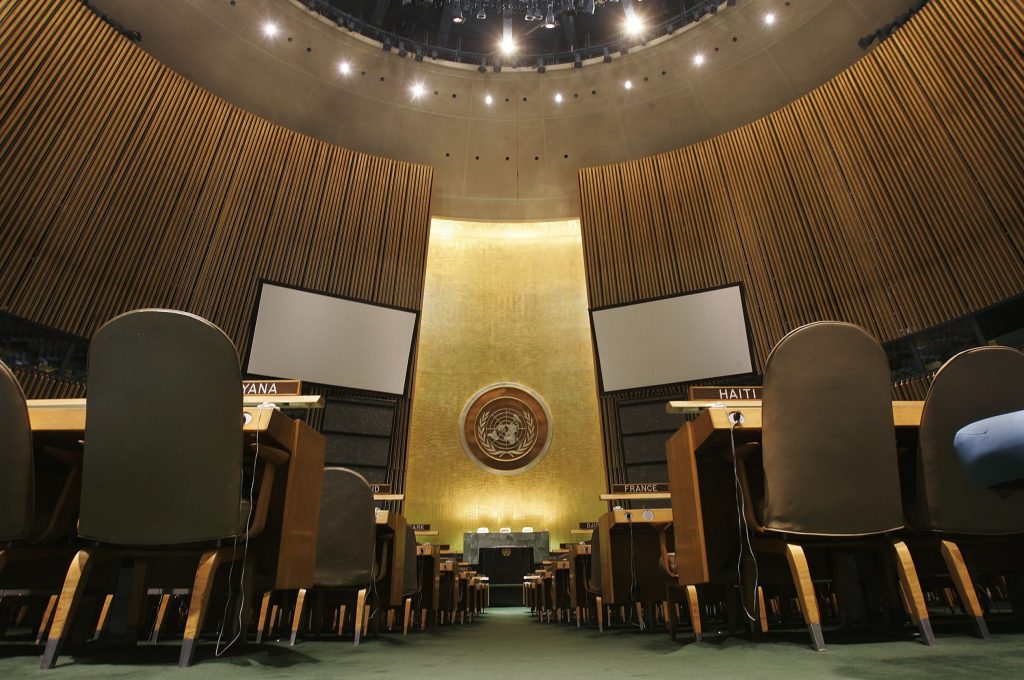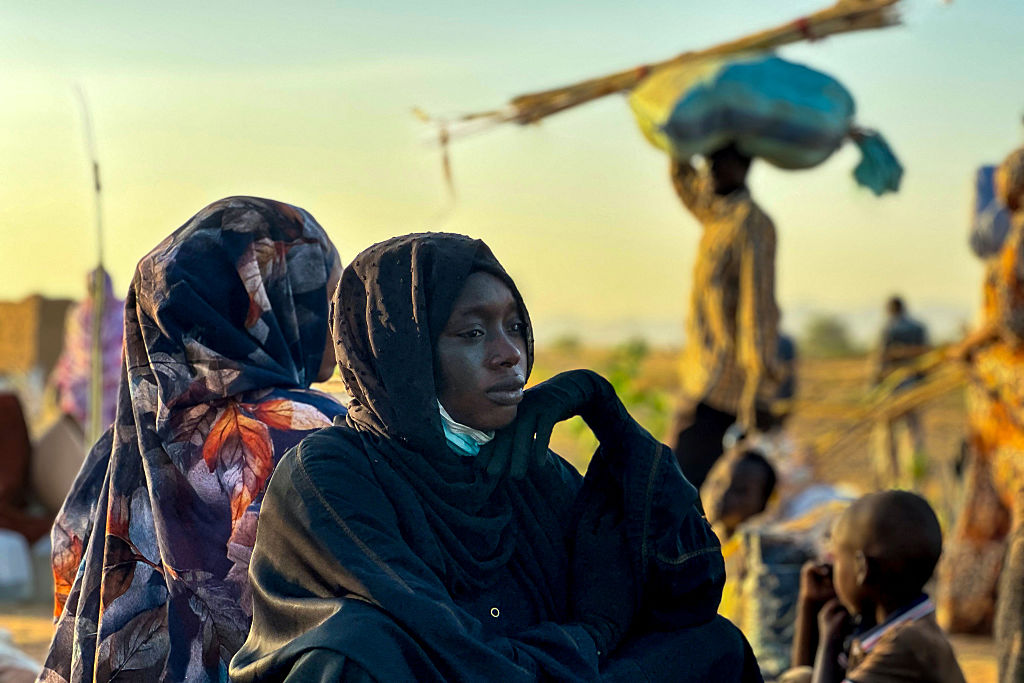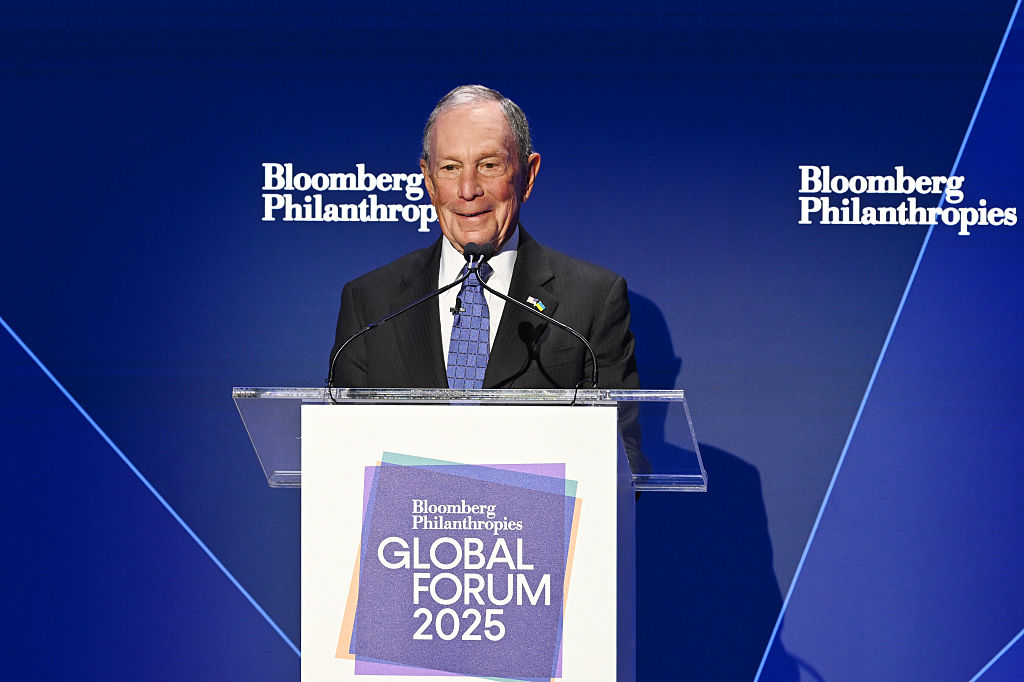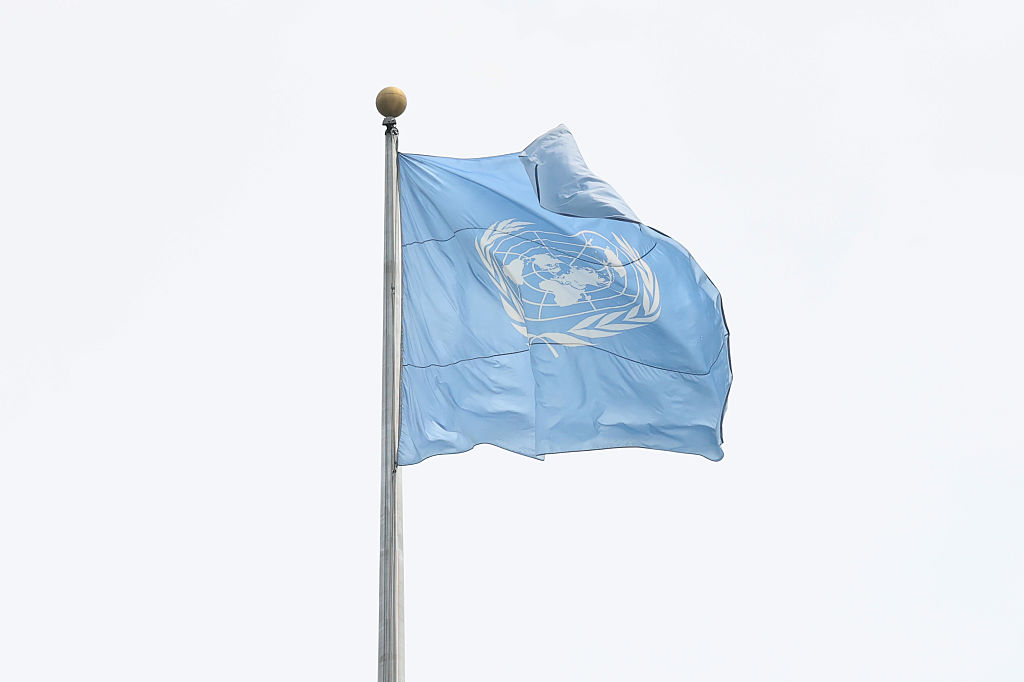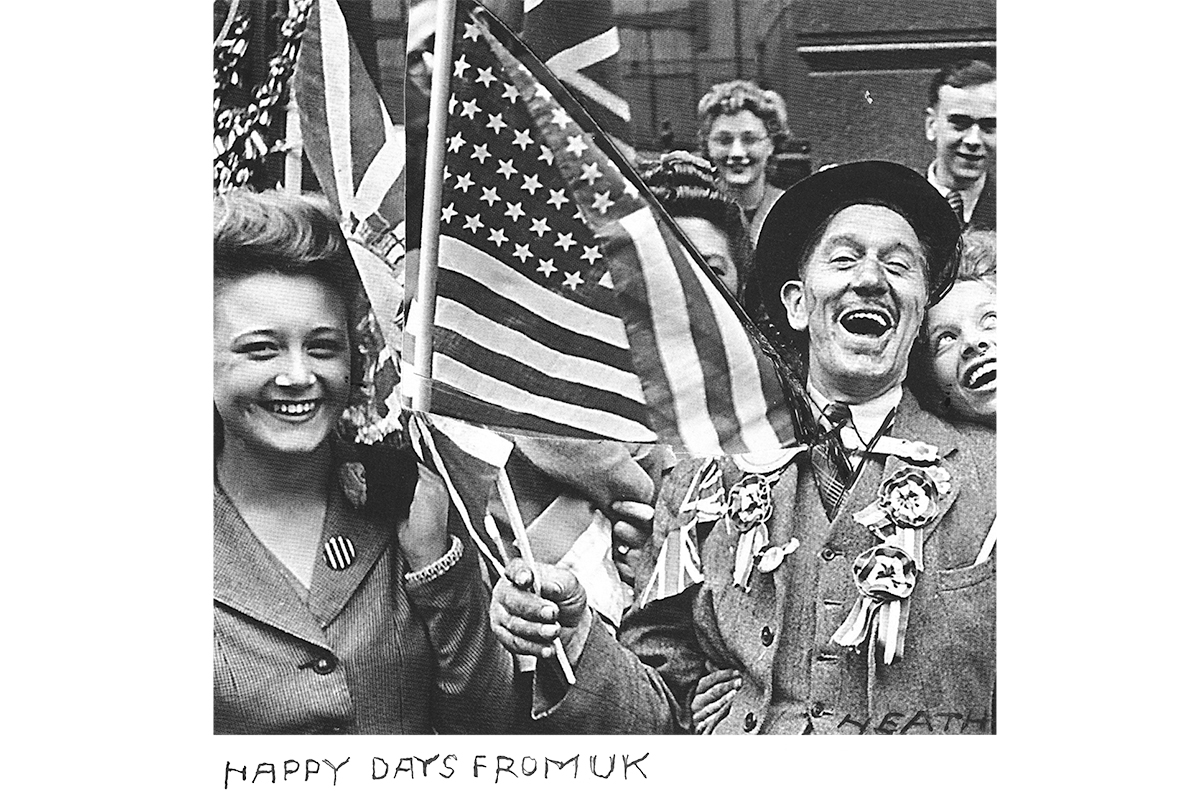Who can we blame for Covid-19? In the US, Trump is still desperately trying to make ‘the China virus’ and ‘the Wuhan flu’ stick. There can be no doubt where his finger is pointing. The United Nations, on the other hand, has a different target. The UN’s Twitter account notified the world on Monday that, ‘The #COVID19 pandemic is demonstrating what we all know: millennia of patriarchy have resulted in a male-dominated world with a male-dominated culture which damages everyone — women, men, girls & boys.’ So, forget China. Coronavirus is an opportunity to bash the patriarchy.
Trump’s China-blaming may have a basis in reality, though he no doubt welcomes any excuse to turn the spotlight abroad. But the patriarchy? Back in March, British Cabinet Office minister Michael Gove told the UK that ‘coronavirus does not discriminate’. Only then we found out that it does. It discriminates according to age, ethnicity, wealth and gender. COVID-19 disproportionately kills men. In England, 57 percent of all who have died from coronavirus have been male. Elsewhere, the gender death gap is even larger: in Peru, the country with the highest global COVID-19 death rate, 70 percent of fatalities are men.
These figures are stark and worthy of investigation. Is it biology or lifestyle that makes COVID-19 more deadly to men? Yet the comment pieces drawing attention to this sex inequality have been few and far between. The past few months have shown that, just like the UN, we feel far more comfortable tilting at a ‘male-dominated world’ and a ‘male-dominated culture’, than we do expressing concern about men’s health or celebrating the achievements of male scientists and doctors.
From the outset of the pandemic, coronavirus became just another pawn in the gender wars. Countless articles were written and memes shared in a bid to prove that countries governed by women managed COVID-19 better than countries led by men. Demographic and geographical explanations were jettisoned; what New Zealand had that Brazil lacked was a leader with ovaries. Funnily enough, the female Prime Minister of Belgium is rarely mentioned. Clearly this is simply oversight and nothing to do with Belgium’s 867 per million death toll — tragically, the second-highest in the world.
In the UK, column inches were spilt worrying about the lack of women at the government’s daily coronavirus press briefing. This was at a time when deaths were nearing 800 each day. From here, attention soon turned to the domestic sphere. Lockdown meant that schools closed and parents were expected to juggle round-the-clock childcare with working from home. Women were reported to be carrying far more of the domestic load and straining under the weight of cleaning, cooking, grocery shopping, supervising children and home educating.
Coronavirus did not arrive with an instruction manual that ordered women into the kitchen. However, no doubt for a variety of complex reasons, it seems that the burden of extra domestic work did fall disproportionately upon women. Whether this was because women’s paid work was considered more flexible or even dispensable, whether men simply refused to pull their weight around the house, or whether children automatically looked to mum as the main parent, is open for discussion.
[special_offer]
The coronavirus gender war, as it is currently being waged, does not help us answer these questions. It does not ask why more men are dying and it does not come up with practical solutions to alleviate women’s domestic workload. The UN’s ‘millennia of patriarchy’ tweet reveals the problems with exploiting a pandemic to score political points. In reality, COVID-19 shows us nothing other than that a very nasty virus can be fatal to old and sick people.
It is not coronavirus but our response to it — the decision to lockdown and, especially, to close schools, summer camps and after-school care — that made life worse for women. The UN’s tweet linked to a speech given by their secretary general last month that highlighted the difficulties currently facing women and girls around the world. These issues deserve serious attention. But until we stop confusing COVID-19 with the impact of locking down society, we will never move forward.
Turning coronavirus into just another opportunity to engage in a gender war has helped neither men nor women. We are no further forward in understanding why men are more likely to die and we still have not managed to restart the infrastructure necessary for women to get back to work. Here’s an idea: rather than patriarchy-bashing, let’s get all the schools back open so both parents can get back to work.
This article was originally published onThe Spectator’s UK website.



